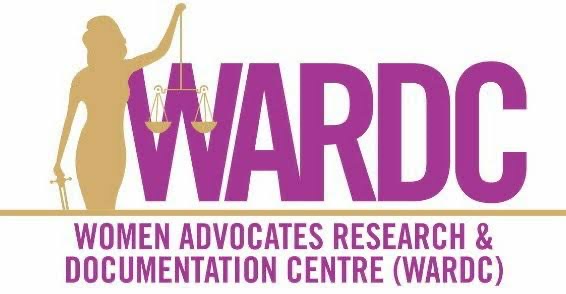
SUPER FALCONS CRASHES OUT OF WORLD CUP

The Falcons played their hearts but had challenges in converting chances against a German side that never really looked unbeatable.
Nigeria met its goal of progressing from the group stage for the second time, since losing in the quarterfinals to Brazil in 1999.
The Nigeria coach, Thomas Dennerby, said, “I think we showed the whole world that Nigeria have a team that has improved a lot. Of course you’re not satisfied to go out but you also have to recognise where we came from – and we’re just not ready yet’.
‘ It’s important to play high-level teams like Germany because the players can see that even the smallest mistakes get punished. But the second half was really good and now we just need to focus on improving and using all the FIFA dates to play matches. Because we have some really talented players back in Nigeria.”
Penpushing further reports that, with Germany victory, the team will now play either Sweden or Canada on the quarterfinals.






